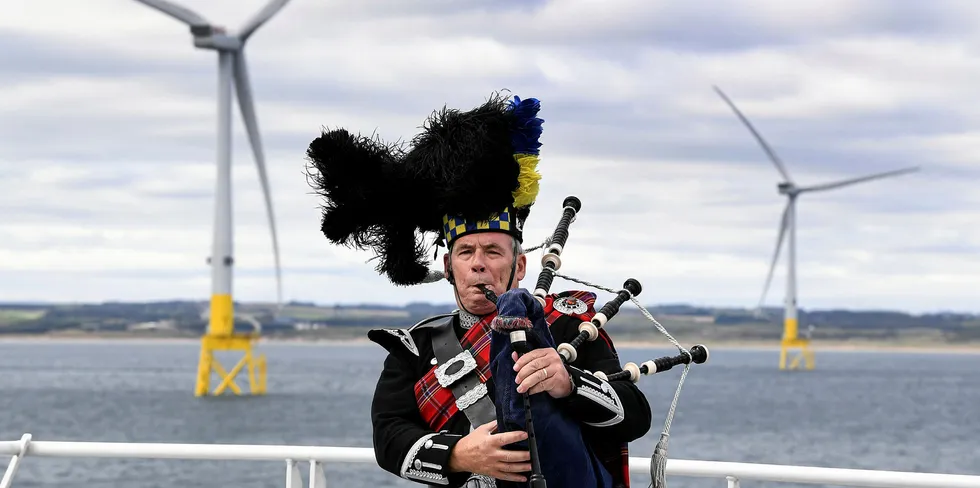'Build 75GW of offshore wind for a zero-emissions UK'
Government advisory body says massive deployment could help Britain end contribution to climate change by 2050

Government advisory body says massive deployment could help Britain end contribution to climate change by 2050
